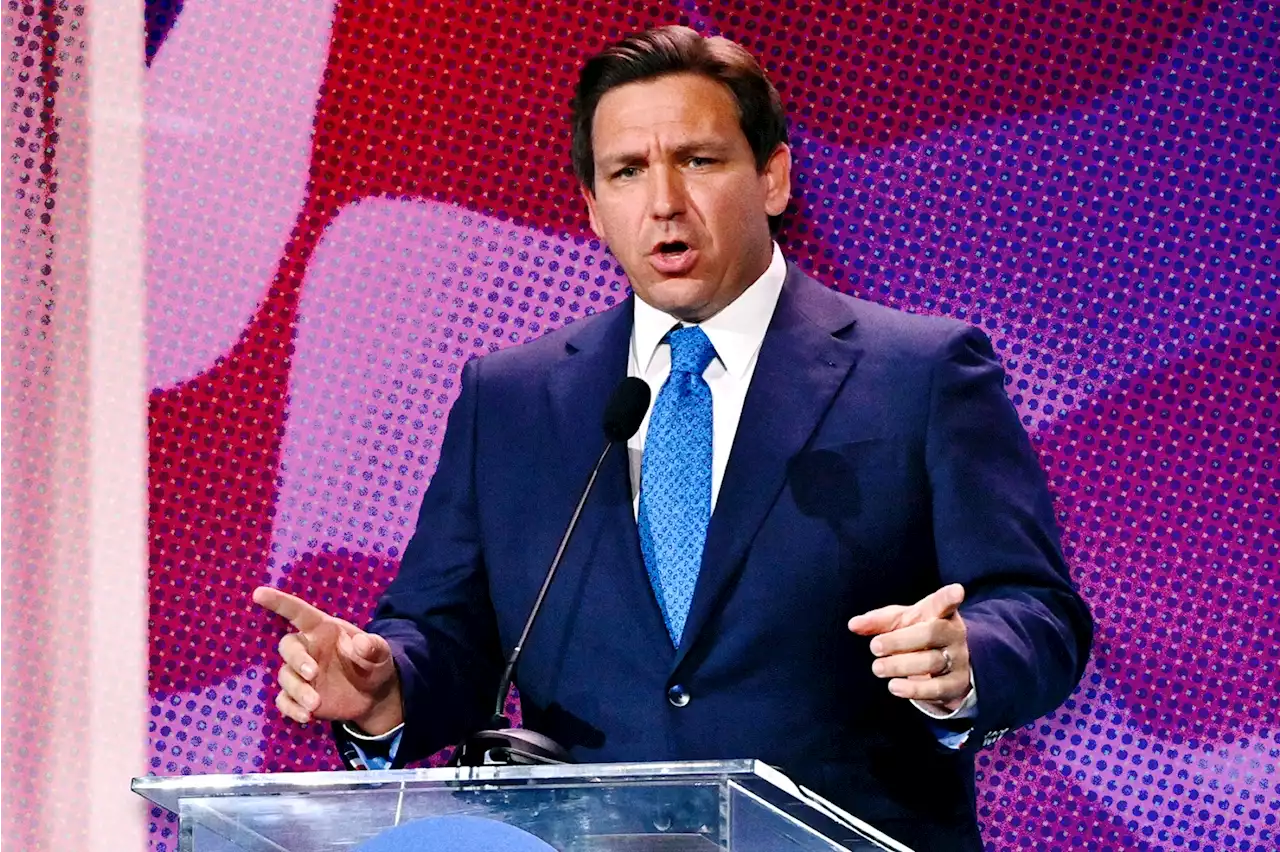The National Science Foundation (NSF) has selected nine universities to receive more than $29 million in total funding as part of its CyberCorps® Scholarship for Service program, a major agency initiative to strengthen the security of America’s cyber space.
The CyberCorps® SFS program aims to boost the number of well-trained cybersecurity professionals for careers in the public sector, particularly in government agencies and organizations. The nine new awardees join 89 academic institutions that are already part of the CyberCorps® SFS program, which now extends across 39 states.
"Cybersecurity is one of the most important issues confronting society in the information age," said NSF Director Sethuraman Panchanathan, in."As our reliance on the national cyberspace evolves, so does the complexity of the cyber threats we face. It is imperative that we support the development of a strong cybersecurity workforce to ensure we can all benefit from secure and trustworthy cyberspace.
The five-year grants range from $2 million to $4.8 million apiece. They provide scholarship funding for undergraduate and graduate students enrolled in an academic program in cybersecurity that’s accredited or been designated by the National Security Agency and the Department of Homeland Security as a Center of Academic Excellence in Cyber Defense Education, in Cyber Operations, or in Research.
SFS Scholarships support students for up to three years of study in the field of cybersecurity. The stipends are $25,000 per year for undergraduate students and $34,000 per year for graduate students. In addition, the scholarships cover tuition and other educational fees; and they include a professional allowance of $6,000 per academic year for travel, conferences, research materials and supplies, a laptop, books, professional training and certifications.
United States Latest News, United States Headlines
Similar News:You can also read news stories similar to this one that we have collected from other news sources.
 Arizona Gov. Katie Hobbs Proposes $40M in Taxpayer Money for Illegal Aliens to Attend State UniversitiesArizona Gov. Katie Hobbs (D) is proposing a state-funded scholarship program, with $40 million in taxpayer money, to help illegal aliens attend state universities and colleges.
Arizona Gov. Katie Hobbs Proposes $40M in Taxpayer Money for Illegal Aliens to Attend State UniversitiesArizona Gov. Katie Hobbs (D) is proposing a state-funded scholarship program, with $40 million in taxpayer money, to help illegal aliens attend state universities and colleges.
Read more »
 Texas universities propose two-year tuition freeze in exchange for nearly additional state fundingAs Texas lawmakers consider what to do with an unprecedented $32.7 billion state surplus, leaders of the state’s six largest public university systems are pitching that nearly $1 billion be allocated toward higher education. If lawmakers agree, these university chancellors pledge to hold tuition flat for all undergraduate students for the next two academic years.
Texas universities propose two-year tuition freeze in exchange for nearly additional state fundingAs Texas lawmakers consider what to do with an unprecedented $32.7 billion state surplus, leaders of the state’s six largest public university systems are pitching that nearly $1 billion be allocated toward higher education. If lawmakers agree, these university chancellors pledge to hold tuition flat for all undergraduate students for the next two academic years.
Read more »
 At Florida Universities, Big Brother DeSantis Is WatchingThe GOP governor is burnishing his culture warrior credentials ahead of 2024 — and students are suffering for it
At Florida Universities, Big Brother DeSantis Is WatchingThe GOP governor is burnishing his culture warrior credentials ahead of 2024 — and students are suffering for it
Read more »
 With eight points in nine games, Flyers’ Joel Farabee is ‘starting to find that jump’ againFarabee, who underwent disk replacement surgery in the offseason, is starting to produce like he did during the 2021 season when he posted career-highs in goals (20) and points (38) in just 55 games.
With eight points in nine games, Flyers’ Joel Farabee is ‘starting to find that jump’ againFarabee, who underwent disk replacement surgery in the offseason, is starting to produce like he did during the 2021 season when he posted career-highs in goals (20) and points (38) in just 55 games.
Read more »
 BOJ raises economic view for four of Japan's nine regionsIn its quarterly report, the Bank of Japan (BoJ) raised its economic assessment for four out of Japan’s nine regions. Additional takeaways BoJ raises
BOJ raises economic view for four of Japan's nine regionsIn its quarterly report, the Bank of Japan (BoJ) raised its economic assessment for four out of Japan’s nine regions. Additional takeaways BoJ raises
Read more »
 U.S. Navy veteran released after nine months in Russian custodyTaylor Dudley, a U.S. Navy veteran, was released from Russian custody today after Russian border police arrested him in April 2022.
U.S. Navy veteran released after nine months in Russian custodyTaylor Dudley, a U.S. Navy veteran, was released from Russian custody today after Russian border police arrested him in April 2022.
Read more »
